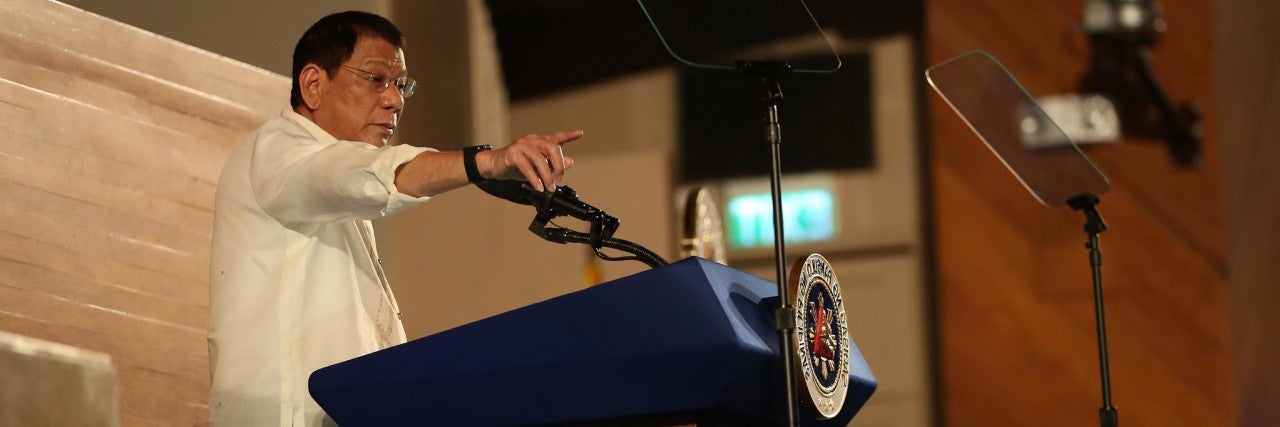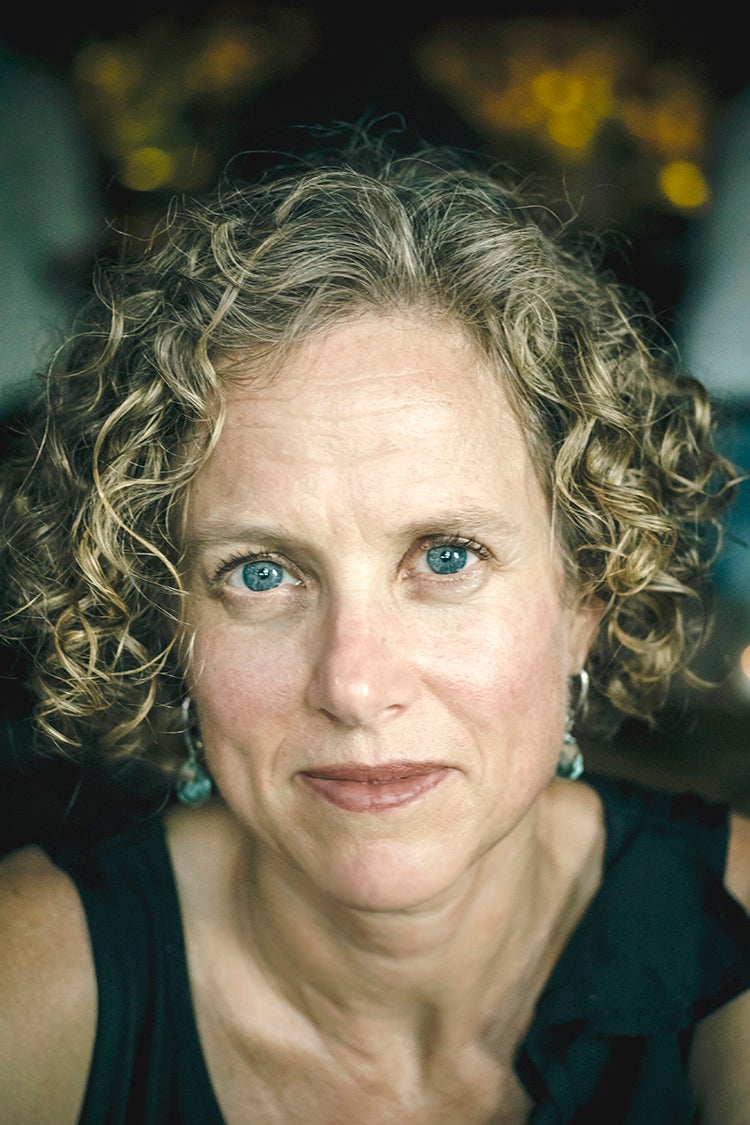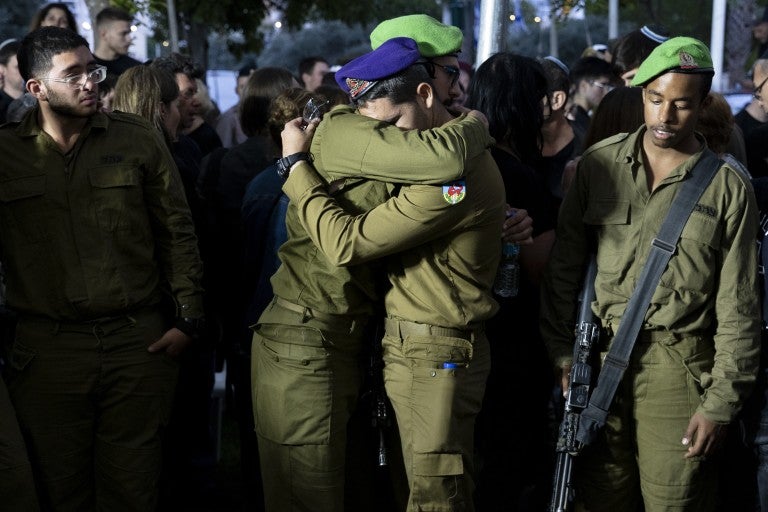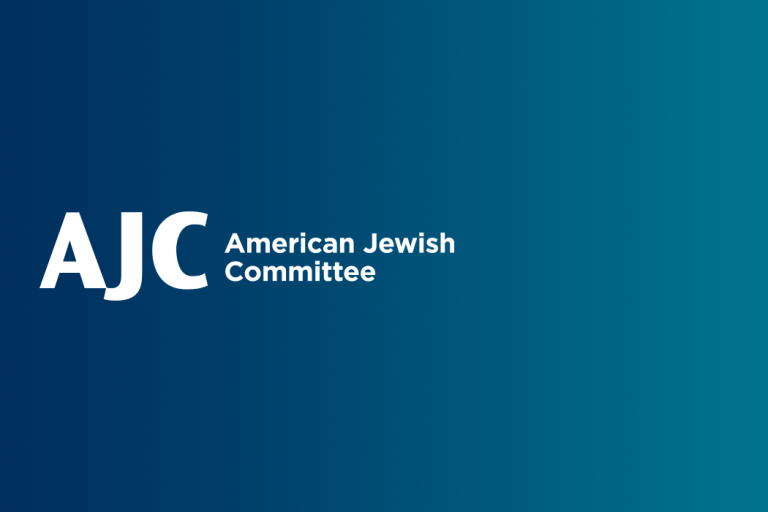August 31, 2018
On September 2, Rodrigo Duterte will become the first Philippine president to visit Israel since the establishment of diplomatic ties in 1957. The two nations have enjoyed reciprocal support and respect over the last 61 years, but even prior to the formal relationship, it is notable that in 1947, the Philippines was the only Asian nation to vote in favor of UN Resolution 181 that created the State of Israel.
Today, trade, intellectual exchanges, and tourism between the countries are on an upward trajectory, a trend that is likely to continue in the coming years. As such, the four days President Duterte will spend in the Jewish state represent a noteworthy step in the relationship. A statement by the Philippines Department of Foreign Affairs (DFA) outlines this significance, and details topics to be discussed with Israeli Prime Minister Netanyahu, including “concerns and ways of expanding cooperation in the areas of labor, tourism, trade, agriculture, counterterrorism, and security and law enforcement.” Duterte also plans to meet with Israeli President Reuven Rivlin and members of the Filipino community in Israel, which includes approximately 28,000 workers, most of them home caregivers.
A Provocative President
Duterte is a controversial figure. His fiery rhetoric and unpredictable style of governing have often caught headlines in the international press. Police operations across the country have resulted in killings and systematic extrajudicial executions of suspected criminals and drug addicts as part of a proclaimed war on drugs. Duterte has spearheaded this policy since 2016, and estimated deaths number 4,000 to 12,000 depending on the source. In June 2016 Duterte even went so far as to encourage the general public to participate in his campaign. “If you know of any addicts, go ahead and kill them yourself as getting their parents to do it would be too painful,” he said.
In February 2018 the International Criminal Court (ICC) began a "preliminary examination" into Duterte and his connection with the high number of extrajudicial killings resulting from his Drug War. Initially he accepted the investigation, claiming that he was “sick and tired of being accused of the commission of crimes against humanity,” but a month later announced the Philippines’ immediate withdraw from the ICC. This violates the one-year timeline mandated by the Rome Statue, the treaty which birthed the Court. Duterte has argued that the timeline is inapplicable in this case, and that the ICC does not have jurisdiction over him. The dispute is ongoing.
Tensions with the Jewish Community
The global Jewish community was mortified when, while speaking of the Drug War in September 2016, Duterte nonchalantly stated that “Hitler massacred three million Jews. Now there are three million drug addicts (in the Philippines). I’d be happy to slaughter them.” He then went on to say, “At least if Germany had Hitler, the Philippines would have...” and reportedly pointed at himself.
AJC, along with many other prominent Jewish organizations, was quick to rebuke this comparison. “Philippine President Duterte citing Hitler as a model is beyond offensive. To liken his anti-drug campaign to the Holocaust is shameful,” AJC said in a statement.
In addition to the ignorance displayed by his incorrect enumeration of Holocaust victims, Duterte’s speech exemplified his blatant disregard for human rights. In October 2016 he went on to publicly apologize, claiming that he never intended “to derogate the memory of the six million Jews murdered by the Germans.” Yet it seems impossible to sweep his irresponsible bombast under the rug, especially considering the ongoing domestic situation and continuation of gross human rights violations.
What to Expect Over the Week
Duterte and Netanyahu have a cordial relationship with one another and have acknowledged respect for each other’s countries. They have had numerous conversations and Netanyahu has praised Duterte “for his steadfastness in safeguarding Israel’s national interest from any element.”
Along with the various topics that the Philippines DFA looks to touch upon, it is expected that a relocation of the Philippines embassy from Tel Aviv to Jerusalem will be discussed. With the U.S. move having recently taken place, and with Duterte’s spur-of-the-moment governing style, an agreement on relocation is not outside of the realm of possibility.
Plans have also been announced for Duterte to attend the inauguration ceremony of a monument commemorating the rescue of Jews by Filipinos during the Holocaust. Under Manuel Quezon, the first president of the Philippines, Paul McNutt, U.S. High Commissioner, and the then Army Colonel Dwight Eisenhower – the Philippines allowed 1,200 Jews to immigrate to their country and thereby escape their undeniable fate had they stayed in Europe. Duterte will also visit Yad Vashem. Considering his history of insensitive remarks, Duterte should make a concentrated effort to reflect on and convey the gravity of these visits.
All in all, it is almost certain that the visit will cultivate positive growth in the Israel-Philippine relationship. Progress can be expected in trade, agriculture, defense and more. Duterte will have a chance to project a re-tailored image to Israelis and the world. But ceremonial overtures and memoranda of understanding alone will do little to truly rebrand an individual who continues to promote intolerant and immoral policies at home. The global Jewish community must keep a watchful eye on the Philippine president.



